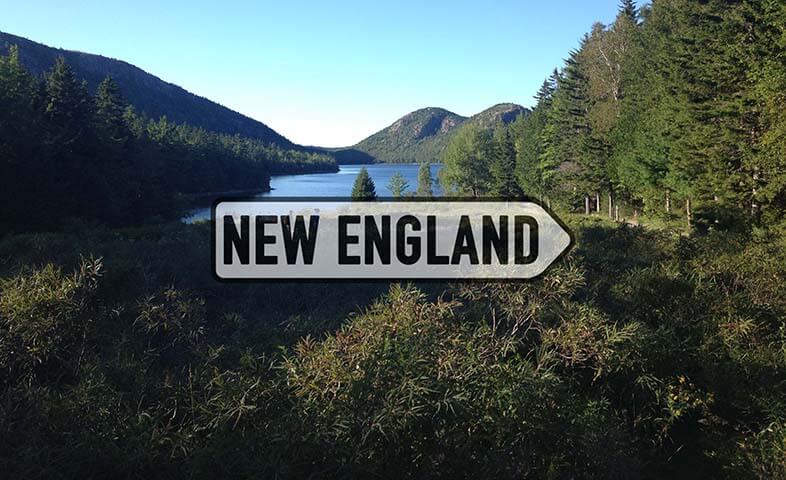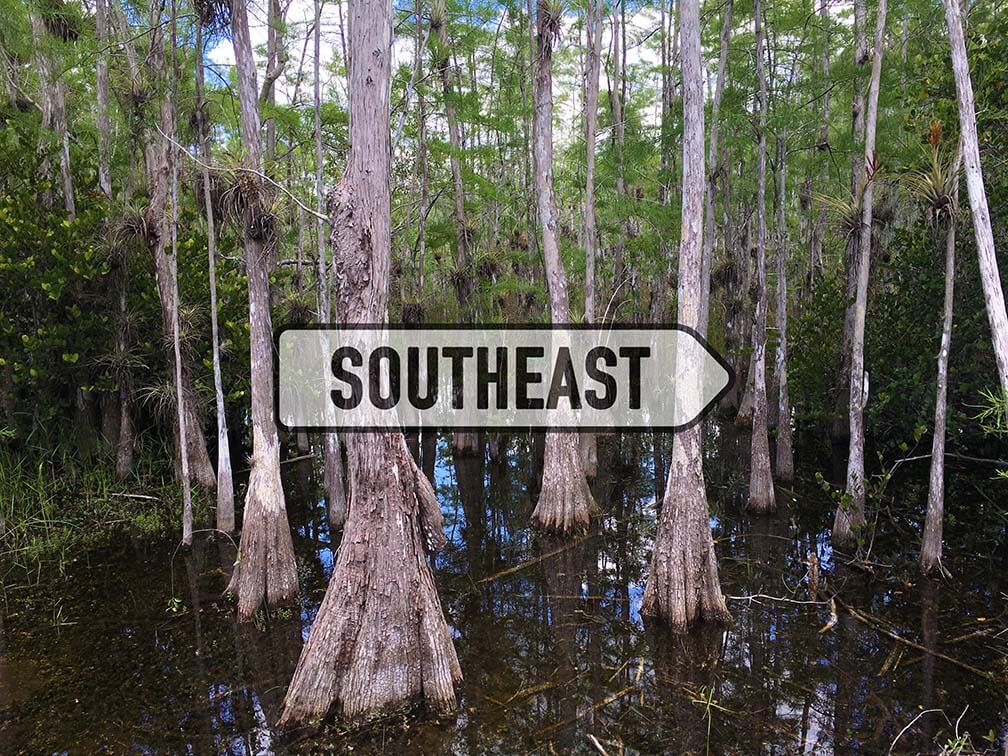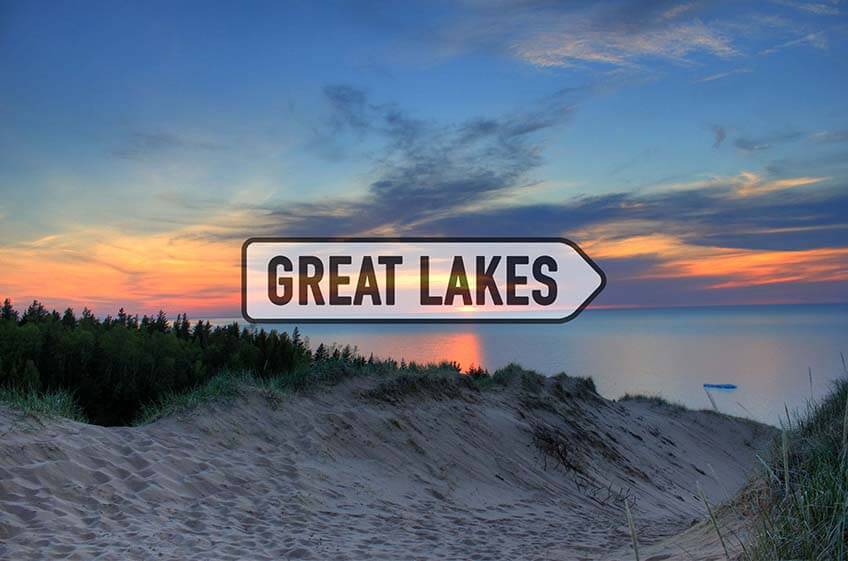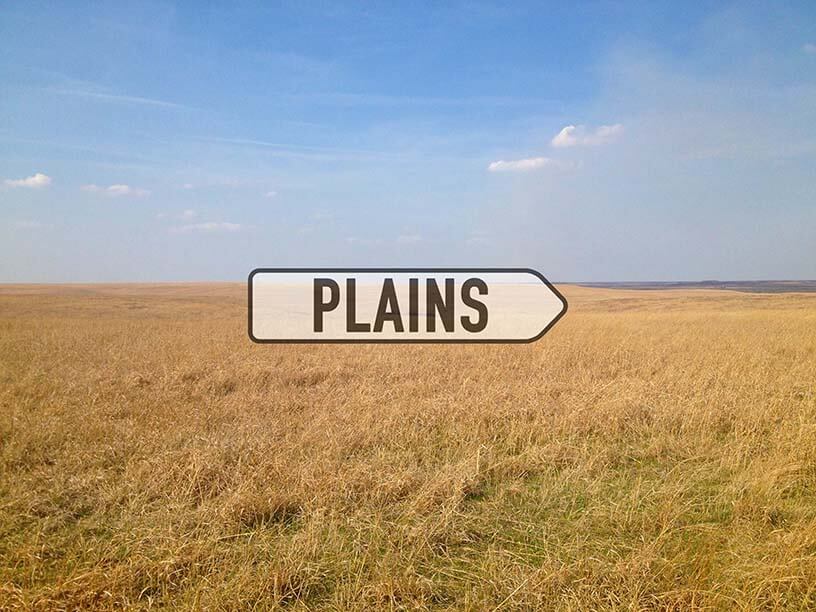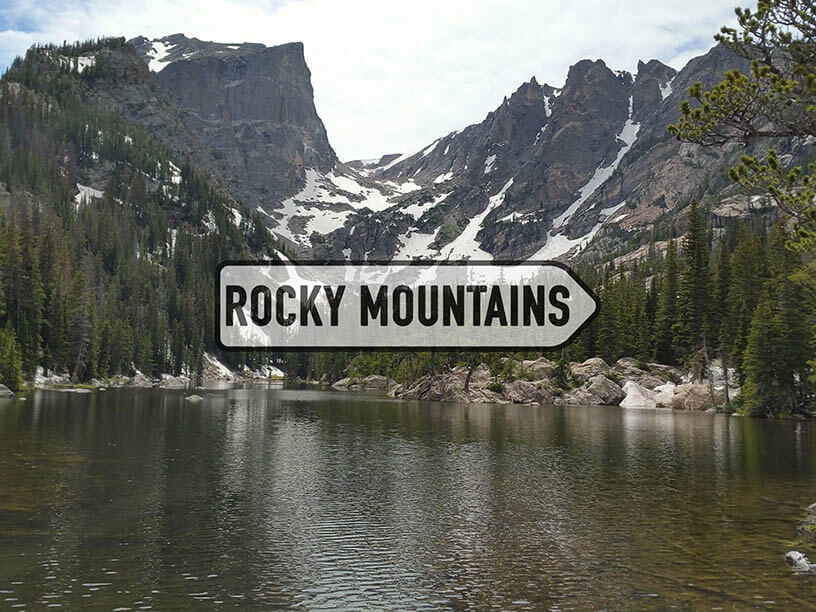Body of Water
By Anne Wallentine
The Kenwood Ladies’ Pond, Hampstead Heath, London. Summer.
Sunshine, an array of picnics in plastic containers, towels splayed over dirt and patchy, trodden grass, the low buzz of animated conversation and desultory chat, and everywhere, women: strolling back to their belongings, rinsing off in the shower, standing and lounging and sitting and queuing to descend neatly into the murky pond at its one point of entrance, the ladder.
They push off one by one, bodies carving through the water—some with mild shrieks and splashes, and others with silent grace. Heads bob along the surface, some trying to keep their hair dry, others protected by swim caps. They swim from ring to ring in water too deep to stand, zigzagging along a path like all the women before them and all the women to follow.
Hampstead Heath, near entrance to pond, photo by Anne Wallentine.
This place is like no other in London, or anywhere else that I’ve experienced. It is an oasis. Somehow, while firmly connected to the city and surrounded by crowds, it is a place of escape.
On my first visit I crept in tentatively, alone. I’d heard rumors about this place, that it was welcoming and peaceful and free. And it was hot that summer. I needed to cool off and find space. Be surrounded by green instead of gray. In the early afternoon, I piled my belongings on one of the gently sloping hills in a corner of the tree-shielded glade. Could I leave these unattended while I swam? What if someone stole my phone, my wallet, my Oystercard? What would I do if I lost everything that kept me tethered to the world? I sat there a while on my spread towel, contemplating the groups and individuals around me as my fingers played over bumps on the ground beneath me. No one seemed fussed about leaving their things for a swim—or fussed about what anyone else was doing, really.
Entering that space, it seemed, meant entering into an unspoken, communal pact: we take each other on trust. There is no peacocking like at the open-air Men’s Pond nearby, whose well-worn path is practically a runway. That can have its charms, if what you seek is a partner or a performance. But most of us at this Pond have to perform every day, in every public space we enter. In this place, you can turn off. You can feel safe and comfortable in the knowledge that people are looking out for you, not looking at you.
For the most part. Gazing around, I notice the typical comparisons between women—a few sly glances or straightforward curiosity. But the prevailing atmosphere is one of ease, of relaxing the rules of the outside world. We came here to swim and shut off. If someone does take a peek and mentally compare, what of it? The insecurities and the insidious need to be validated on our beauty may sneak in between the planks of the fence, but barely. How can you not relax your own attitudes in an atmosphere where you feel passively validated and accepted—even, blissfully, ignored?
Hampstead Heath bathing pond, photo by RachelH_ CC BY-NC-ND 2.0
The protective habits of the city are embedded in my body: head down, avoid eye contact, huddle inwards, keep myself to myself. I follow these rules of motion, waiting my turn to grasp the sun-warmed metal of the ladder and step down each rung.
At first, the murkiness of the pond sparks a jolt of fear; what is hidden in its invisible depths, among all this muck? I hope fervently not to feel anything brush against my feet. Soon, however, I will feel cleaner emerging from the brown waters of the Pond than from clear, chemical-filled pools, the squidge of sludge preferable to the clinging scent of chlorine.
I slip into the cold water and it feels like my body expands. Freed from the everyday patterns and routines, I can propel myself along at any pace. I can stare up at the sky with the water softly muting the sound, listening only to my own breath. There is no such thing as silence in a city, and even nature has its own murmured hush. This is the closest thing I’ve found to stillness.
Hampstead Heath lifeguard apparatus, photo by Remember to blink CC BY-NC-ND 2.0
The body of water holds me, supporting my weight, and there is nothing to do but drift between other friendly bodies and ducks and leisurely kayaking lifeguards. I power myself between the rings, trusting in my own strength and the fact that nothing in this body wants to hurt me.
For a long time, my body was not mine. It belonged to the medical profession, to the hands of doctors who prodded and examined and operated on it and told me what was wrong and what needed to be fixed. I learned to dissociate my mind from what was happening to my body. The searing smell of cauterized flesh, the tug of stitches, both in memory and reality, the bolts of pain coupled with the need to keep calm to be a “good” patient. My body was for pain, not pleasure. I had been sick, broken, hurt, diseased. And at the end of it all, tired.
But in the Pond I am whole. This body of water is my body, it is all our bodies that have been through the varied hues of pain. After all, we are made of water: sweat that drips down as I lay too long in the sun; tears that exhaust my eyes and salt my lips; blood, pus, mucus, every kind of fluid that shapes our lives, from first sex to first babies to first (and last) illnesses.
Back in the glade, I see many women sunbathing topless, and for the first time I feel safe exposing my skin and my scars. I lie back, untie my top, and revel in the first sensation of sunshine on virgin skin. I am not afraid of stares. Nor do I care if anyone is judging my body, because the water has given it back to me. I am not a strong swimmer—I can’t do laps upon laps of the pond, like the women who’ve been coming here for years—but I am a survivor. Resilience, I’ve been told, counts for a lot.
As I return to the Pond, I learn from these older women—the lack of embarrassment about their bodies; their acceptance of change, despite nostalgic grumbling. Their resilience in coming year-round, plunging in on winter mornings for the bracing reminder of being able and alive. Because change is constant—and the body does not pause for you to catch up.‘
Already I miss certain things I took for granted in my body; a process, I’m assured, that will continue to accelerate over the next few decades. I do not, however, take its current state of health for granted. The Pond has seen generations of women through these changes and stayed constant. And now I am one of them. One thing remains true at every moment: this body, this water, is mine.
Anne is a freelance arts writer and curator based in Los Angeles who tries to spend as much time as possible outdoors. She writes for various outlets, including LA Weekly and Artillery Magazine. She previously lived in London and still misses the serenity of the Pond.






